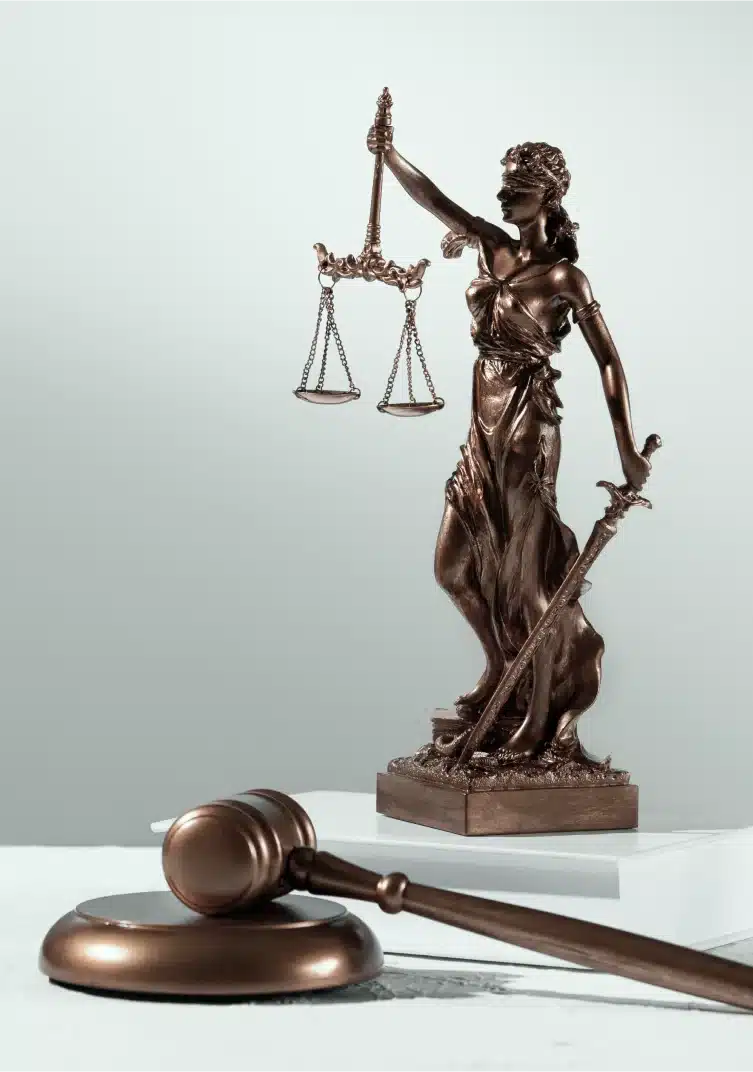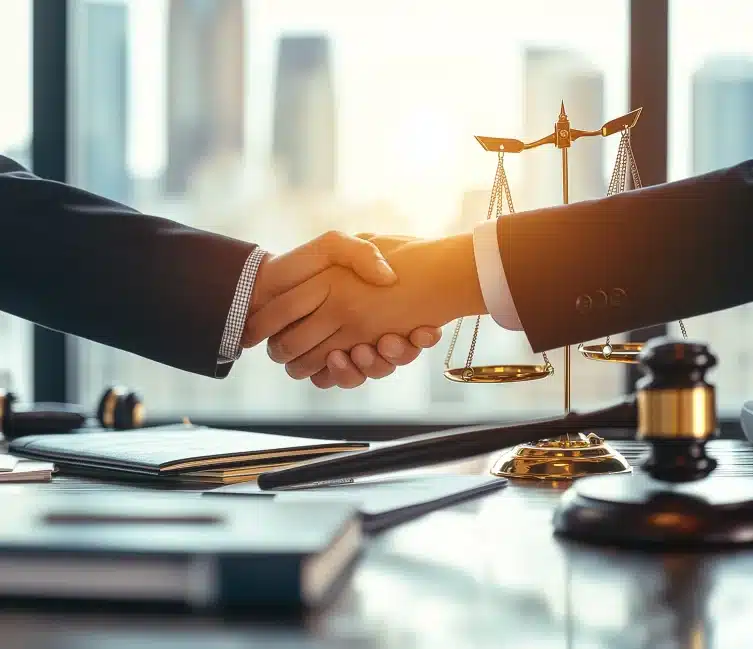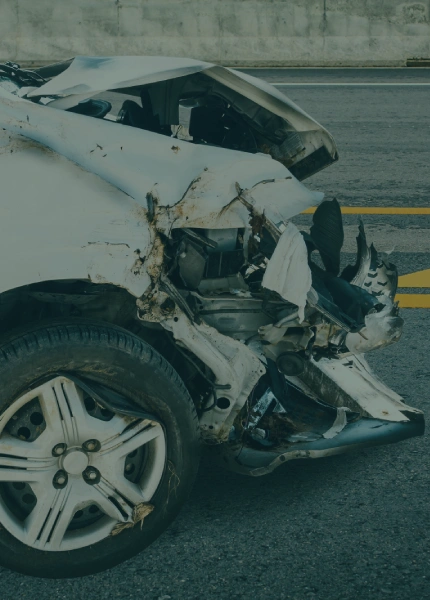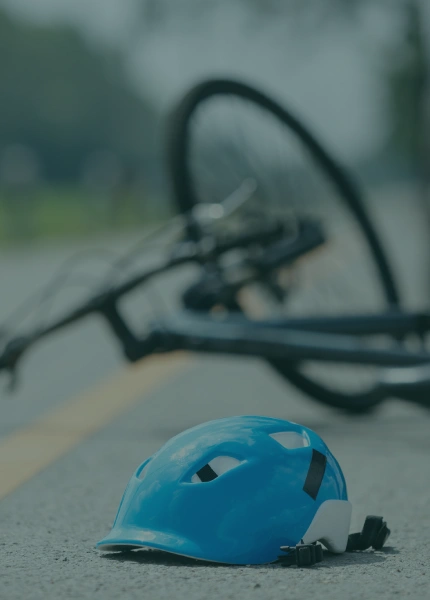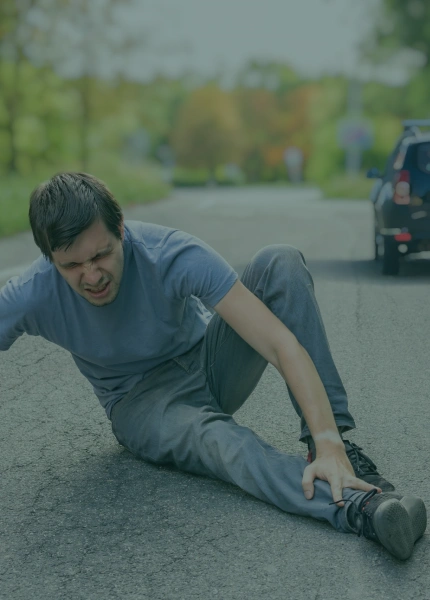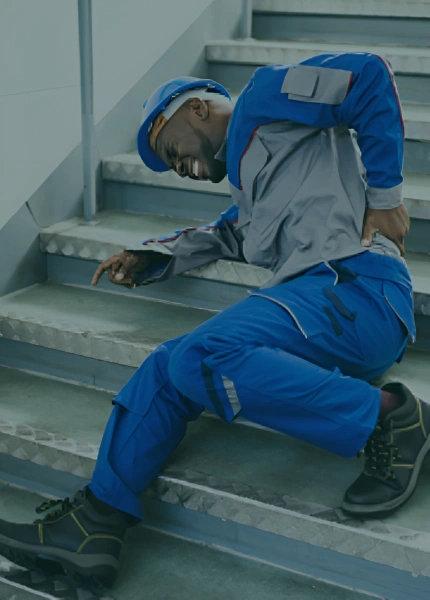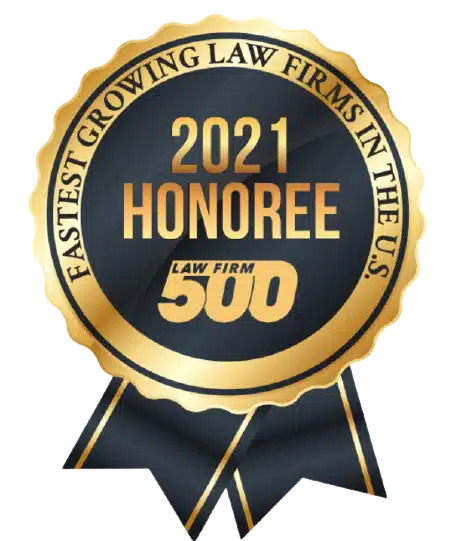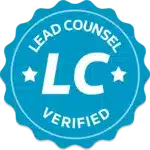Kansas City is known for its sports, performing arts, historical sites, and barbecue restaurants. But if you experience a serious accident while enjoying these activities, you might be inundated with medical bills, property damage estimates, physical or mental pain, and other damages.
Seeking restitution from the insurance company can be a complicated process fraught with difficulties, and disputes over fault are common. What’s the most effective way to ensure you receive a fair settlement?
Contact a Kansas City Personal Injury Attorney Today
Navigating a personal injury can be challenging. While dealing with pain, doctor’s appointments, bills, and missed days at work, you also have to figure out how to get compensation from the at-fault party (who may or may not be willing to admit fault).
At the same time, their insurance company could be investigating your accident or injury, looking for any excuse to say you were to blame. Under Missouri’s pure comparative negligence laws, your damages can be reduced if you have any percentage of fault, so this is a common tactic insurance companies use to save money.






